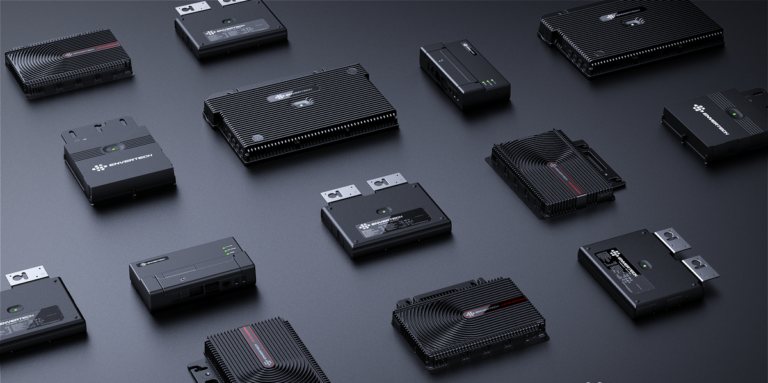Envertech says it has developed microinverters for PV systems that support up to 60 modules, allowing up to four modules per unit with separate maximum power tracking.
China-based power electronics manufacturer Envertech has developed new microinverters for residential PV systems with up to 60 modules.
Envertech said the microinverters offer benefits in fire protection, installation, yield, maintenance and longevity. Each module has its own Maximum Power Point Tracking (MPPT), which improves electricity production in shaded areas. String inverters, on the other hand, reduce the efficiency of the entire system if one module is in the shade.
Envertech also claimed that the microinverters simplify the installation of PV systems. Unlike string inverters, which require high-voltage wiring and qualified electricians for installation or repair, microinverter systems operate below 40 V. The microinverters power the home grid with 230 V.
The EVT1600SE, EVT1800SE and EVT2000SE microinverters each feature four MPPT channels, allowing up to four modules per unit. The maximum power is 1.6 kW, 1.8 kW and 2 kW respectively. These microinverters can also be limited to 600W or 800W for smaller systems. Larger systems can use multiple EVT2000SE units, supporting up to 24 solar panels for a total system power of 10.68 kW.
The microinverters can be installed and monitored via Bluetooth and the Envertech app, EnverView 4.0. Up to 60 microinverters can be managed via the optional Enverbridge EVB300 communications module, which connects via WLAN or LAN. The app provides real-time data on system performance, including faulty modules, output power and CO₂ savings.
Envertech microinverters are TÜV certified, have an IP67 rating and are designed to operate between -40 C and 65 C with natural convection cooling. They weigh up to 4.92 kg and have dimensions up to 300 x 199.5 x 41 mm. The components are built for a 25-year lifespan and the manufacturer offers a 15-year warranty, extendable to 20 years.
This content is copyrighted and may not be reused. If you would like to collaborate with us and reuse some of our content, please contact: editors@pv-magazine.com.


